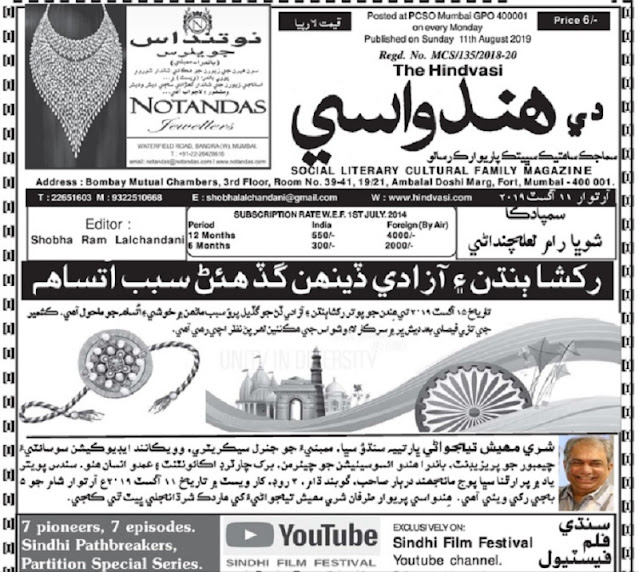Five Greatest Female Literary Critics of Modern Time
Whether or not literary criticism should be considered a separate field of inquiry from literary theory, or conversely from book reviewing, is a matter of some controversy. For example, the Johns Hopkins Guide to Literary Theory and Criticism draws no distinction between literary theory and literary criticism, and almost always uses the terms together to describe the same concept. Some critics consider literary criticism a practical application of literary theory, because criticism always deals directly with particular literary works, while theory may be more general or abstract.
Literary criticism is often published in essay or book form. Academic literary critics teach in literature departments and publish in academic journals, and more popular critics publish their reviews in broadly circulating periodicals such as the Times Literary Supplement, the New York Times Book Review, the New York Review of Books, the London Review of Books, the Dublin Review of Books, The Nation, and The New Yorker.
Here is a list of five greatest female literary critics of modern time:
(1) Sandra Gilbert:
Sandra Gilbert born December 27, 1936, is Professor Emerita of English at the University of California, Davis, she is well known American literary critic and poet who has published in the fields of feminist literary criticism, feminist theory, and psychoanalytic criticism. She is perhaps best known for her collaborative critical work with Susan Gubar, with whom she co-authored, among other works, The Madwoman in the Attic (1979). Madwoman in the Attic is widely recognized as a text central to second-wave feminism. She lives in Berkeley, California and, until 2008, in Paris, France. Her husband, Elliot L. Gilbert, was Chair of the Department of English at University of California, Davis, until his death in 1991. She also had a long-term relationship with David Gale, mathematician at University of California, Berkeley, until his death in 2008.
(2) Elaine Showalter:
Elaine Showalter born on January 21, 1941 is an American literary critic, feminist, and writer on cultural and social issues. She is one of the founders of feminist literary criticism in United States academia, developing the concept and practice of gynocritics, a term describing the study of "women as writers". She is best known in academic and popular cultural fields, she has written and edited numerous books and articles focused on a variety of subjects, from feminist literary criticism to fashion, sometimes sparking widespread controversy, especially with her work on illnesses. Showalter has been a television critic for People magazine and a commentator on BBC radio and television. She is a recipient of the Truman Capote Award for Literary Criticism.
(3) Helen Vendler:
Helen Vendler born on April 30, 1933 is an American literary critic and Porter University Professor Emerita at Harvard University. She has written books on Emily Dickinson, W. B. Yeats, Wallace Stevens, John Keats, and Seamus Heaney. She has been a professor of English at Harvard University since 1984; between 1981 and 1984 she taught alternating semesters at Harvard and Boston University. In 1990 she was appointed to an endowed chair as the A. Kingsley Porter University Professor. She is the first woman to hold this position. She has also taught at Cornell University, Swarthmore and Smith College, and Boston University. She married (then later divorced) the philosopher Zeno Vendler with whom she had one son. In 1992 Vendler received an honorary Litt. D. from Bates College. Helen did not major in English as an undergraduate. She earned an A.B. in chemistry at Emmanuel College. She was awarded a Fulbright Fellowship for mathematics, before earning her Ph.D. in English & American Literature from Harvard. She has also been a judge for the Pulitzer Prize and the National Book award, in poetry.
(4) Margaret Atwood:
Margaret Atwood born on November 18, 1939 is a Canadian poet, novelist, literary critic, essayist, inventor, teacher and environmental activist. She has published seventeen books of poetry, sixteen novels, ten books of non-fiction, eight collections of short fiction, eight children's books, and one graphic novel, as well as a number of small press editions in poetry and fiction. Atwood and her writing have won numerous awards and honors including the Man Booker Prize, Arthur C. Clarke Award, Governor General's Award, Franz Kafka Prize, and the National Book Critics and PEN Center USA Lifetime Achievement Awards. Atwood is also the inventor and developer of the LongPen and associated technologies that facilitate the remote robotic writing of documents. As a novelist and poet, Atwood's works encompass a variety of themes including the power of language, gender and identity, religion and myth, climate change, and "power politics." Many of her poems are inspired by myths and fairy tales which interested her from a very early age. Among her contributions to Canadian literature, Atwood is a founder of the Griffin Poetry Prize and Writers' Trust of Canada.
(5) Catherine Belsey:
Catherine Belsey born in 1940 is a British literary critic and academic. She chaired the Centre for Critical and Cultural Theory at Cardiff University (1988-2003) before moving to Swansea University (2006–14). Her book Critical Practice (1980) was an influential poststructuralist text in suggesting new directions for literary studies. She is currently Visiting Professor of English at the University of Derby and Fellow of the English Association and Fellow of the Learned Society of Wales. She has consistently aligned herself with international innovations in the theory and practice of criticism. Belsey has written about the effect of romance novels on modern society.









Comments
Post a Comment